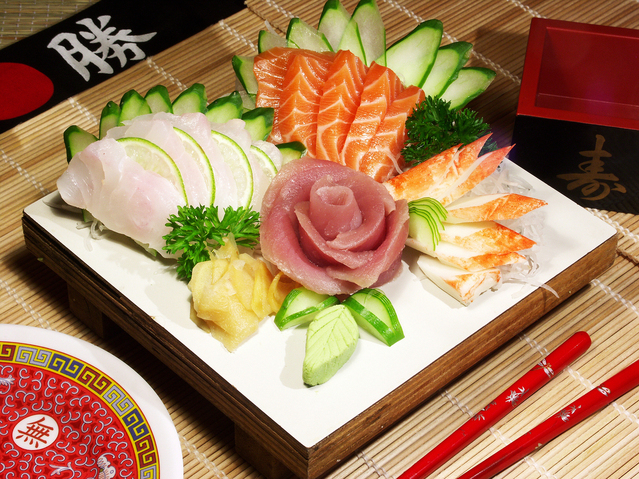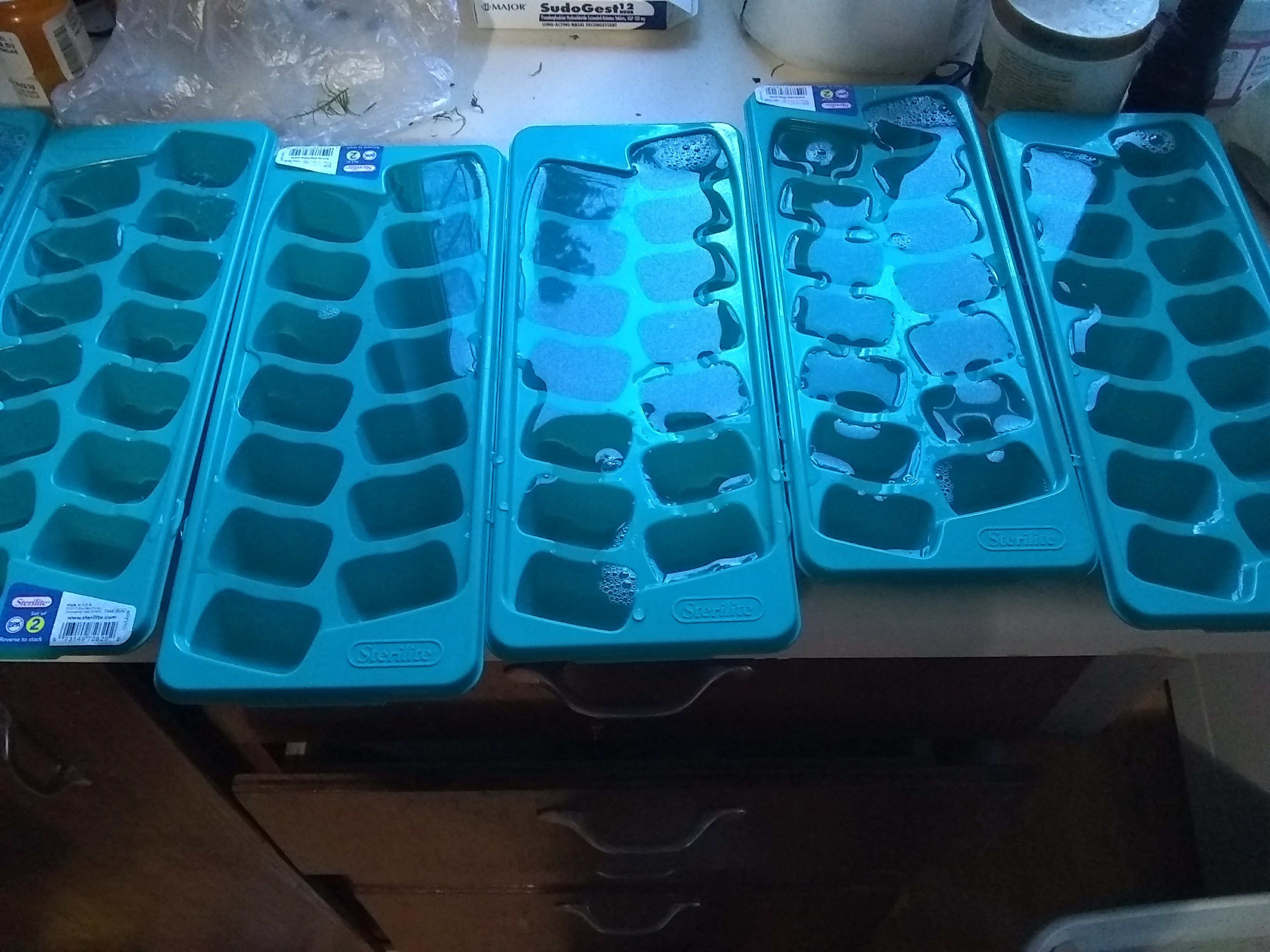We are going to switch gears this week and start talking about healing your body naturally through food. Herbs and plants are definitely a part of healing and being healthy, but it all starts with how you eat.
Food is the what makes you go. It is the fuel for what keeps your energy up during the day. It can also make sure you don’t have enough energy if you 1) don’t eat enough and 2) eat the wrong kinds of foods. This will be an overview for the upcoming weeks.
A warning, a lot of what I will be saying goes against what a lot of mainstream news outlets will tell you. I will be backing up what I say with science. This post is an overview, so I won’t be posting links in this one, as that will be in the subsequent posts where I will go into detail about each of the subjects.
The main problem that I have with a lot of nutrition information out there in the mainstream is that it is generalized and one sized fits all. I follow the Primal Blueprint, which is a form of Paleo, but stresses that you experiment to find out what works for you. So if you can handle dairy, have at it. It is a whole food source, which is another aspect of the Primal way of eating. I have done this and am starting to really get to a point where I have energy all of the time based on the experimentation I have done with food. I will go over my journey in a later post.
Now let’s get to different types of food and how they work in your body.
Sugar – Sugar comes in a lot of forms, whether straight glucose in the form of table sugar or fructose from fruit. Sugar IS something that your body, and your brain specifically, uses as a fuel source. It can be used to give you a quick burst of energy. However, if you don’t eat something that will help sustain that energy, you will get what I’m sure most people are familiar with as a sugar crash. My main point here is that sugar should not be a main source of energy, your body has other preferred energy sources. If you do consume sugar, make sure it’s from fruits as the fiber makes the energy last a little bit longer, but also helps your body process the sugar in a better way than just plain
Fats – There are many different sources of fat, animal, nuts, seeds, olives and other plant sources. Some of these are saturated fats, some are trans fats, some are unsaturated and some are poly unsaturated fatty acids.
Grains – Corn, wheat, rye, oats, rice and so many others. Many sources purport that they should be the bottom of the food pyramid, or the biggest portion on the plate. They claim this based on the fiber content and we all know we need fiber. However, there are certain anti-nutrients (like phytates) contained in these grains that will bind to to nutrients so that you cannot absorb them through digestion…they just get pooped out.
Legumes – This includes beans and peanuts. Legumes have anti-nutrients called lectins. Lectins damage the parts of your intestine that allow your body to absorb the correct size (which is important…if too large of a molecule gets through to the bloodstream, it can cause your white blood cells to attack that food molecule…which you need. This is what it called an autoimmune response). Grains have this as well.
Fruits and Vegetables – These should be the basis of your diet. There is no qualms across the board about this one. Every single (well, I think there are a couple of outliers that say you can survive on meat alone…) source says that fruits and vegetables are a must. The problem is the taste or texture often times. Or the fact that it can take a while to actually prepare them.
Meat and seafood – There are a lot of vitamins (i.e. B complex) that you cannot get efficiently from plants. Meat is the only way to get them. Not to mention, great source of protein. Fish and seafood is also a good source of omega-3 fatty acids.
Dairy – Dairy is something that only about a third of the world has actually evolved to process correctly. I for one cannot have most dairy. I can have hard cheeses and that’s about it. In small doses, I can have milk or ice cream. I can also have milk that has been cooked. For the most part I avoid it. There are some definite benefits, especially to yogurt, kefir, and other fermented dairy products as they will help you with probiotics. So it is all about what you can handle.




